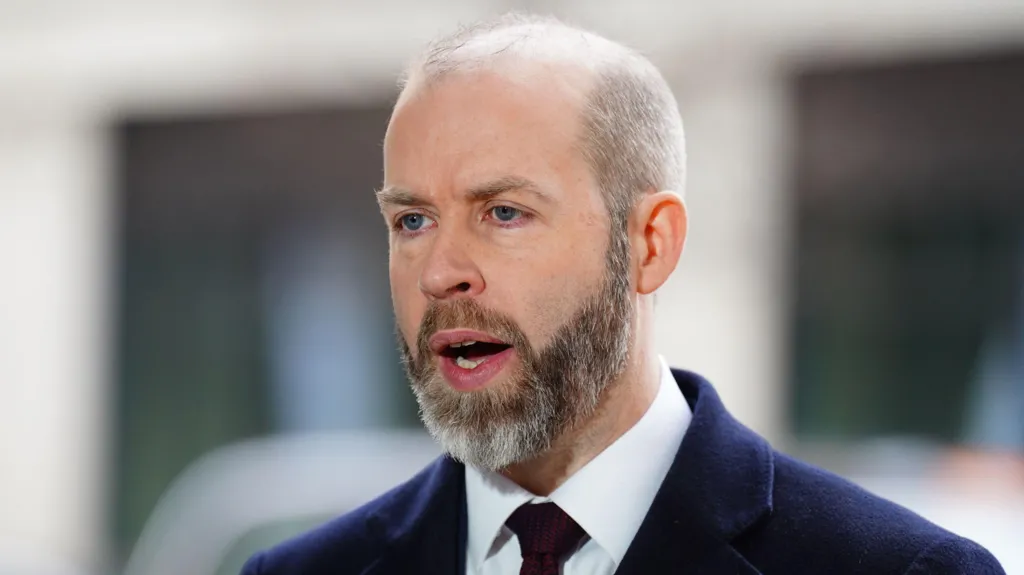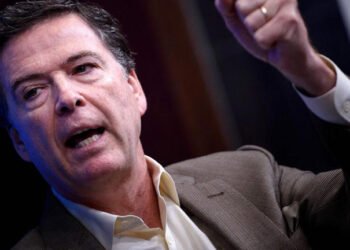The possibility of a wealth tax is back in the spotlight as a government minister suggested it should remain on the table, just days after the business secretary strongly rejected the idea, calling it “daft.”
Policing Minister Dame Diana Johnson reopened the conversation concerning a levy on the wealthy, saying “it is important… that all these issues are looked at and discussed and we look at the evidence about what will work and what won’t work.”
Her remarks appeared to contradict comments from Business Secretary Jonathan Reynolds, who last week dismissed the concept outright, warning colleagues against chasing a “magic wealth tax” that he argued does not exist. Reynolds said it was time to abandon fantasies of a solution that “doesn’t exist anywhere in the world.”
The revival of the debate comes as the government faces increasing pressure to address a gaping hole in the public finances, left by a string of costly policy reversals and fresh spending commitments. With most departments already hit by deep cuts during last month’s spending review, expectations are growing that Chancellor Rachel Reeves will be forced to raise taxes to balance the books.
However, Labour’s commitment not to raise taxes on “working people” limits the number of viable options available to the chancellor. The suggestion of a wealth tax is being pushed by figures on the Labour backbenches, including former shadow chancellor Anneliese Dodds. Responding to Dodds’ suggestion, Dame Diana said the government is open to ideas.
“I think the Labour Party and the Labour government welcome contributions from everybody. Ultimately it is down to the chancellor to make decisions about what she is going to announce in the budget later this year.”
Dame Diana

She added that any decision would be guided by Labour values and previous commitments, but stressed: “I think it is important though that all these issues are looked at and discussed and we look at the evidence about what will work and what won’t work.”
Ministers Divided Over Wealth Tax Options
Earlier, Reynolds had defended Labour’s current approach to taxing wealth by pointing to existing policies such as increased charges on private jets and private schools, along with changes to inheritance and capital gains taxes. But he warned against illusions: “The idea there’s a magic wealth tax, some sort of levy … that doesn’t exist anywhere in the world.”
“What if your wealth was not in your bank account, what if it was in fine wine or art? How would we tax that?”
Business Secretary Jonathan Reynolds

Despite his objections, calls for a broader tax on wealth continue to gain momentum within Labour ranks. Dodds has cited detailed research by the Commission on Wealth Tax, saying: “They looked at the operation of lots of different wealth tax. They looked at all of that evidence and set out how it would be possible to deliver something like that in a UK context.”
She encouraged the Treasury to consider all evidence on the matter and referenced Deputy Labour Leader Angela Rayner’s leaked memo suggesting eight wealth tax proposals targeting the ultra-rich and corporations, a package supporters described as a “progressive alternative.”
Dodds also urged the government to adopt a “longer-term approach” to public finances, following the prime minister’s £5 billion reversal on welfare reforms, which was triggered by internal rebellion.
Rachael Maskell, leader of the Labour MPs who opposed the welfare cuts, added her voice to the growing chorus, suggesting the government could raise £24 billion annually through targeted increases in capital gains tax and other levies.
Downing Street has yet to officially rule out the possibility of a wealth tax. However, the prime minister remains cautious, telling MPs last month that “we can’t just tax our way to growth.”
READ ALSO: DStv Faces Imminent License Suspension over Failure to Comply with Price Cut



















